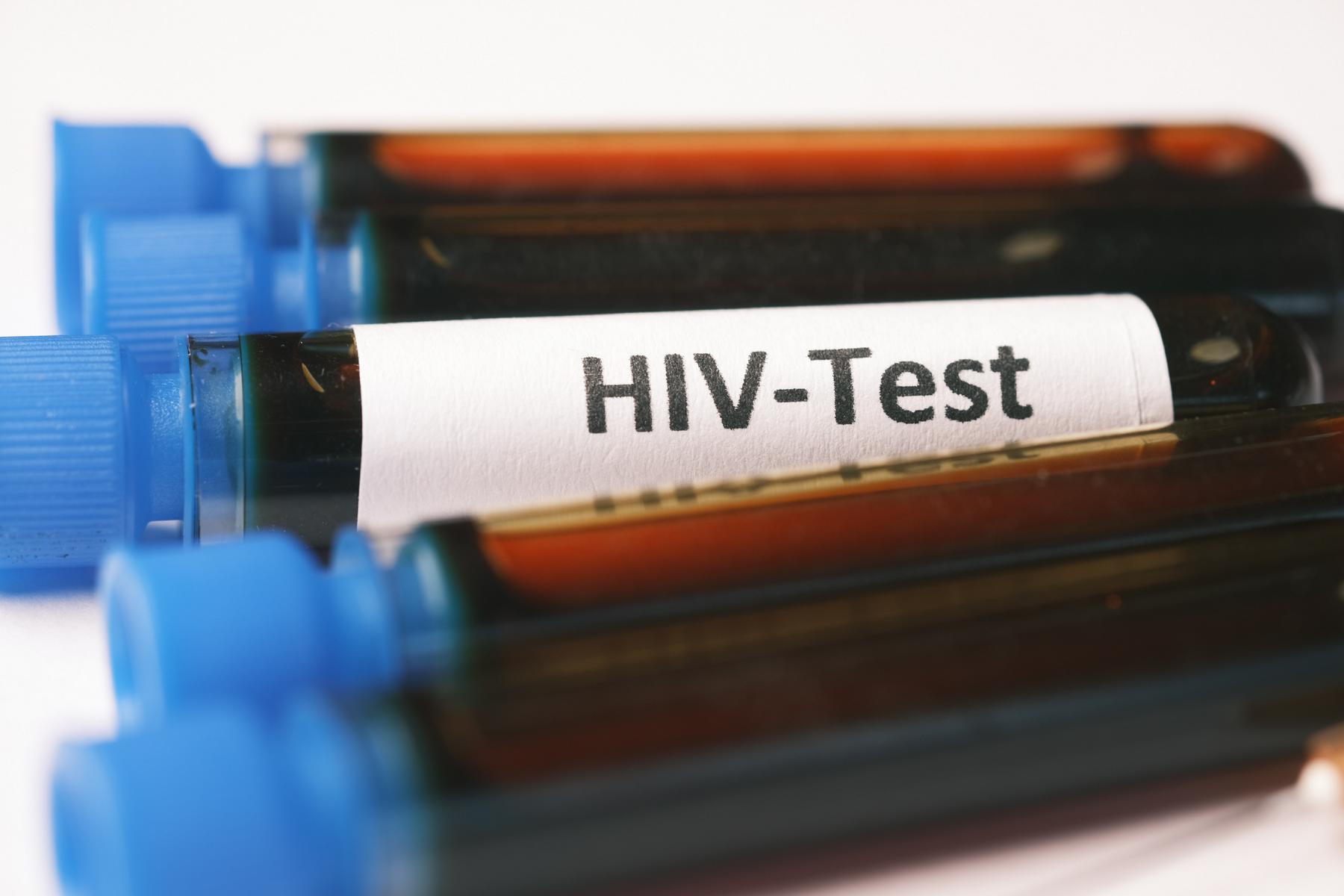By Jacob Ngwenya
Integrating noncommunicable disease (NCD) health services for people living with HIV delivers significant returns on investment and better health outcomes for patients, according to the new report Spending wisely: Exploring the economic and societal benefits of integrating HIV/AIDS and NCDs service delivery launched on 6 September 2023.
The report was presented ahead of the Global Week for Action on NCDs by the NCD Alliance and RTI International.
People living with HIV are living longer thanks to access to antiretroviral therapy (ART), and it is a cruel irony of the success of the HIV response in many parts of the world that people living with the virus are now faced with a higher prevalence of NCDs than adults without HIV.
In some countries, more than half of people living with HIV are also living with NCDs, not only because they are living into old age but also because their status puts them at an increased risk of some NCDs.
The Spending wisely report identifies studies describing 28 HIV-NCD programs in 16 countries in Africa and Asia. It shows that integrated programmes can deliver wider health impact than standalone care delivery.
Via clinical, functional, and organizational support, integrated programmes can improve NCD outcomes while sustaining or improving HIV outcomes.
Further, these programs are more efficient for patients and health systems. People living with NCDs gain significant economic benefits from synchronised care visits, with care offered closer to their homes. For health systems, the additional cost of integrating care for NCDs is marginal compared to the health outcomes that the programs generate.
“The reality on the ground in regions such as Sub-Saharan Africa is that for a person living with HIV having access to treatment and care for other chronic conditions like diabetes or hypertension is just as important as receiving antiretroviral drugs,” said Monika Arora, President of the NCD Alliance.
“This report makes the economic and societal case for how we might begin to reconfigure national and sub-national responses to infectious diseases such as HIV that more accurately reflect emerging disease burdens in low- and middle-income countries, which is something that will also be vital for achieving 2030 Sustainable Development Goals (SDG) health and development targets.”
There are four main co-morbidities to HIV in low- and middle-income countries (LIMCs): cardiovascular disease (CVD), depression, diabetes, and cancer.
Globally, as many as one in four people living with HIV are estimated to have moderate to severe depression, one in five have one or more modifiable risk factor for developing cardiovascular disease, and cervical cancer prevalence amongst women living with HIV is six times higher than for women without HIV.
In Zimbabwe NCDs have emerged to be a new disease burden for people living with HIV as they take away all the gains gained from ART and replace them with a new disease burden of NCDs. People living with HIV and have developed NCDs find themselves navigating the fragmented healthcare centres seeking to deal with the new norm in a health system that is not prepared to tackle this new emerging trend.
Zimbabwean healthcare delivery system never envisioned this new trend only to find itself facing the this situation of increased cases of NCDs which is forcing people living with HIV to frequent the health centres to seek medical attention.
NCDs have proved to be a nightmare for the majority of Zimbabweans as they are forced into a vicious cycle of poverty due to the catastrophic out of pocket expenses they face in the absence of medical insurance. NCDs have proven to be expensive to deal with in Zimbabwe given the fragile healthcare system characterized by drug stock outs and perennial diagnostic equipment breakdown forcing patients to out source these services from the privately owned health centres that are out of reach for many.
As people living with both HIV and NCDs we call for integration of HIV and NCDs services in Zimbabwe as the one stop shop for all our medical needs will definitely save us some time as the current fragmented system makes us interact with health care service providers more frequently thereby taking away most of our productive time.
At times this fragmented approach is a nightmare as many a time we get medication that interact badly due to the fragmented approach to this dual burden for an example one doctor will tell to limit your fluids uptake due to renal failure and the next doctor will tell you that you are dehydrated and prescribe fluids and advise to take a lot of water which makes the treatment outcome to be very bad.
We also call for investment into NCDs to avert the scenario whereby people are exposed to antiretroviral therapy and live long only to be exposed to preventable suffering induced by NCDs disease burden which culminate to death and disability.
Jacob Ngwenya: is a health policy entrepreneur who has for many years been living with non-communicable diseases and has a disability. He is the director of Beat NCDs Zimbabwe a network of people living with NCDs.




